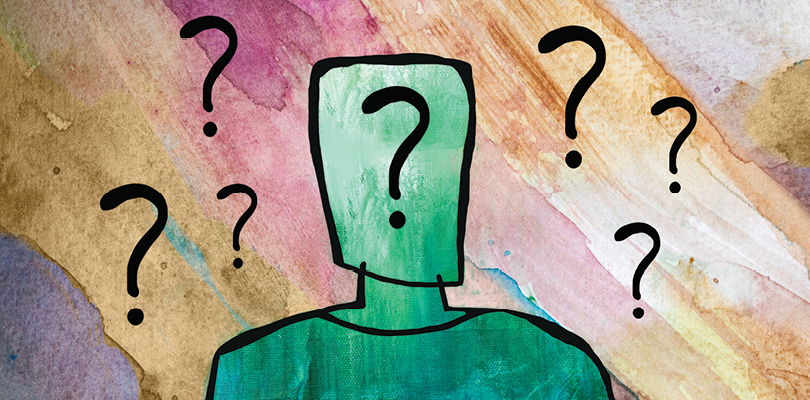The Value of a Life

Wrongful-death lawsuits in Illinois often involve federal and state law causes of actions. Because of this, courts often wrestle with difficult determinations at trial regarding what sort of evidence is admissible concerning a decedent’s life. In their September Illinois Bar Journal article, “The Value of a Life,” Christian Ketter and Jason Rose explain why attorneys for plaintiffs often argue that most unfavorable evidence about a decedent’s life is inadmissible. Further, defense attorneys often forego obtaining discovery and offering evidence at trial about a plaintiff’s past transgressions—whether it be a history of drug or alcohol abuse, aggressive or violent acts against other people, or prior arrests and transgressions. But this reticence is misguided in wrongful-death cases and other cases where a person is seeking to recover because of that person’s relationship with an injured person, Ketter and Rose argue, relying on Cobige v. City of Chicago, a 13-year-old case from the U.S. Court of Appeals for the Seventh Circuit that the authors say is still good law but is underutilized by defense counsel due to erroneous assumptions regarding the Federal Rules of Evidence.
Read the September Illinois Bar Journal’s article, “The Value of a Life.”

